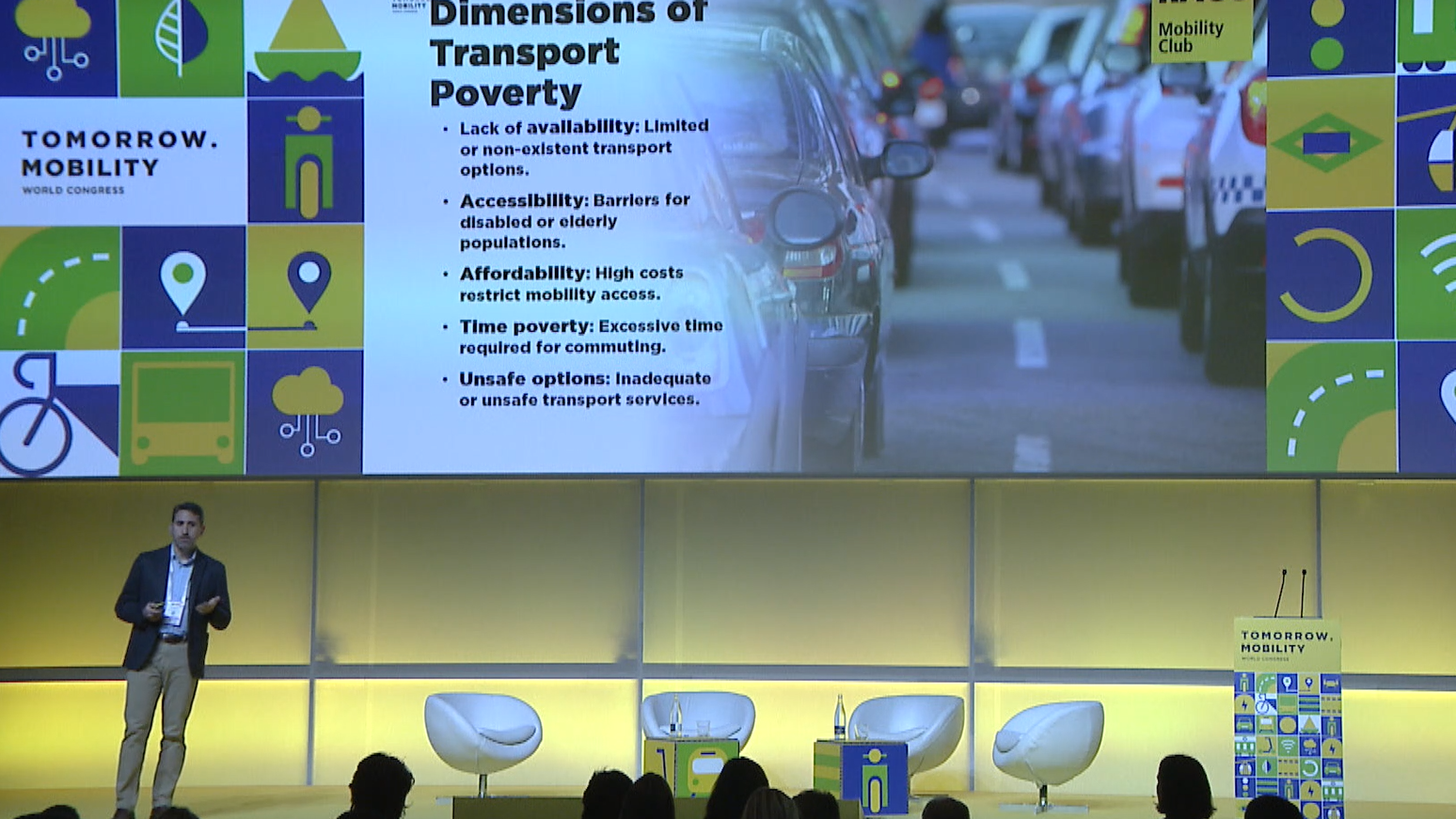Author | Elvira Esparza
In 2023, electric bikes were responsible for 268 fires in New York City, resulting in the deaths of 18 people since 2021. This statistic is just one indication of the danger posed by electric bikes catching fire. More specifically, this statistic highlights the dangers associated with the lithium-ion batteries that power these bikes.
This is not an isolated case; as the number of electric bikes on city roads has increased, so has the number of fires. To tackle the problem, safety measures have been developed, and information campaigns for users have been launched.
Why do electric bikes catch fire?
Electric bikes catch fire because their lithium-ion batteries contain a flammable electrolyte that can ignite under certain conditions, such as overheating, physical damage, or manufacturing defects. In fact, this issue also affects electric scooters.
This issue may arise from using low-quality chargers, charging electric bikes incorrectly, overloading the battery, storing the bike in extreme temperatures, or subjecting the battery to impacts. The problem is that fires caused by exploding batteries are extremely violent and difficult to extinguish.
How can battery fires be prevented?

According to a study by the UL Research Institutes, most e-bike users are unaware that their bikes use lithium-ion batteries and the associated risks. They are unaware that a fire in an electric bike can engulf and destroy a room in less than 20 seconds. This lack of awareness leads to mistakes when charging batteries and using inappropriate materials.
With the aim of preventing e-bike fires, numerous initiatives have been launched.
- These initiatives include the approval of regulatory standards, such as the creation of certifications endorsing the quality of batteries and guidelines for the proper storage of batteries and electric bikes.
- The creation of safe public charging areas that are monitored to prevent overloads.
- User information campaigns have been launched to educate the public on the correct use of batteries, along with the creation of guides for the maintenance of electric bikes.
- Advancements in technology are driving research into safer alternatives.
What can cities do to prevent electric bike fires?

Due to the rise in fires caused by electric bike batteries, some cities are adopting measures to prevent these incidents.
New York
In September 2023, Local Law 39 was approved, mandating that electric bikes must comply with UL 2849 safety standard, developed by Underwriters Laboratories. This law bans the sale of bikes that do not comply with this regulation. Additionally, the installation of 170 secure public charging stations was approved. Awareness campaigns targeting users are also being conducted, along with training programs for emergency services to teach firefighters how to extinguish these fires.
London
Although London is not part of the EU, it adheres to the European regulation EN 15194 for electric bike requirements. Regular store inspections are conducted to verify that only certified bikes are sold, and stringent controls on bike importation have been established. The London Fire Brigade has updated its guidelines with recommendations for safely charging and storing electric bike batteries in households.
Amsterdam
One of the cities with the highest number of bikes on its streets has implemented strict regulations for the sale and use of electric bikes, mandating compliance with European safety standards. They also have lithium battery recycling programs to ensure that used batteries are managed safely and sustainably. The city’s fire services have updated their guidelines on charging and storing batteries and conduct inspections on charging points in residential buildings.
Madrid
In Madrid, European EN 15194 safety standards for e-bikes and UN38.3 for lithium batteries are enforced, with inspections conducted in stores to ensure compliance with these regulations. The City Council has launched awareness campaigns on the importance of using original chargers and distributes guides to users on how to charge and maintain electric bikes properly. The City Council is currently in the process of installing safe charging stations.
Barcelona
In Barcelona, the sale of electric bikes and batteries that do not comply with European safety standards is prohibited. Charging points have been installed in car parks and public areas to reduce the risk of fires, and regulations are being developed to govern charging in residential buildings.
Valencia
In Valencia, all electric bikes sold must comply with European safety standards. The city has a network of safe public charging stations in residential and commercial buildings, all equipped with fire safety systems.
Images | KBO Bike, Trac Vu, aerogondo/iStock






















































